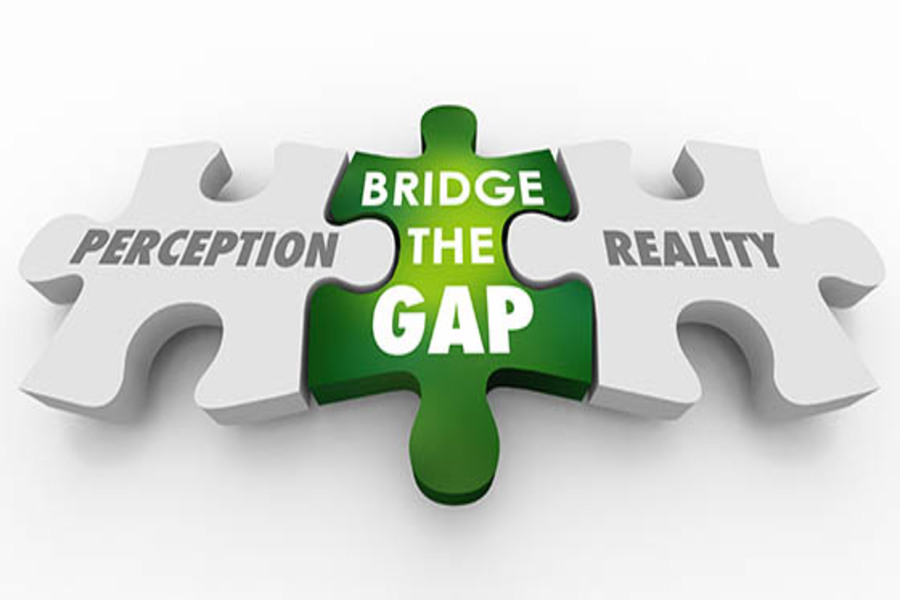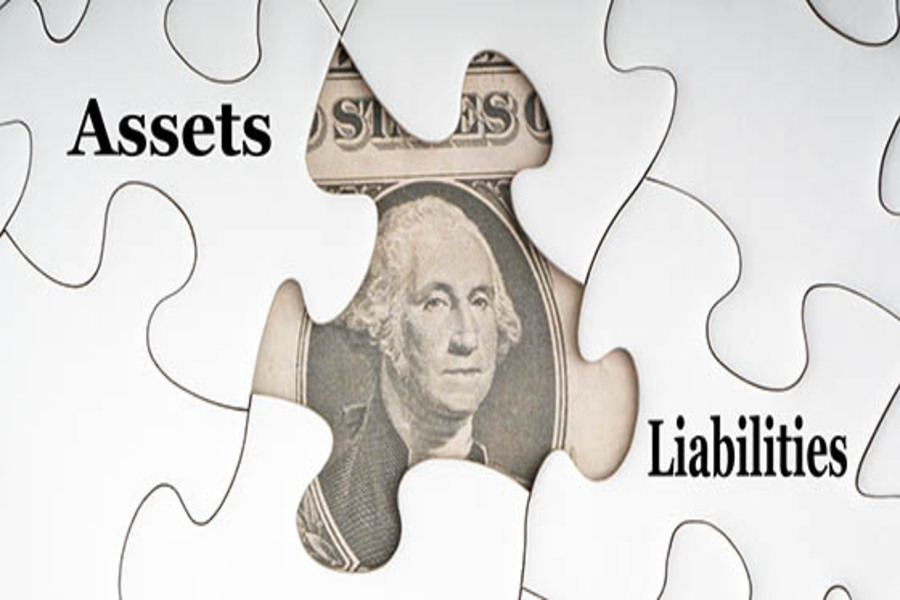A business interest’s value is more than just a number to its owner. It represents years of hard work, sacrifice and investment. Owners often believe they have a clear understanding of their company’s worth. But emotions and optimism about future earnings can cloud their perception. Let’s look at psychological factors that may affect owners’ value perceptions — and why the numbers might tell a different story. Personal circumstances may affect value perceptions Business owners often excel at estimating competitors’ values but tend to overestimate their own companies’ values, largely because that value is tied to their personal net worth. However, an owner’s skills, reputation and experience may not be transferable to a third-party buyer — meaning the business could be worth less than the owner anticipates. Moreover, some...

The multi-attribute utility model (MUM) provides a systematic technique for making complex decisions. One innovative way business valuation experts may use this framework is to break down goodwill in divorce cases. Here’s a look at how this approach can help courts better understand experts’ analyses and conclusions regarding goodwill allocations. What is goodwill? Goodwill in a business valuation context is a catchall phrase that refers to all intangible assets that aren’t valued separately. When settling a divorce that includes a private business interest, goodwill is often divided into two components: 1) enterprise (or business) goodwill and 2) personal (or professional) goodwill. In many jurisdictions, personal goodwill is excluded from the marital estate if the divorce involves maintenance payments. However, ex-spouses rarely agree on how to allocate goodwill between the two...
To determine how much a business is worth, a valuation professional must develop a comprehensive understanding of how it runs. Financial statements and tax returns tell only part of the story. In-person inquiries provide additional insights that can significantly impact value conclusions. Owner and manager interviews If a valuator hasn’t previously toured a company’s facilities, expect him or her to request a site visit soon after being hired. This gives the expert an opportunity to observe business operations and interview company personnel. Depending on the company’s size and the engagement’s confidentiality requirements, the valuation expert might want to talk to managers from various departments in addition to the owner(s) and other top leaders. Interviews typically cover a broad range of subjects, including but not limited to: Operations history, ...
Global merger and acquisition (M&A) volume is expected to surpass $4 trillion in 2025, the highest in four years, according to Reuters. Reasons for the anticipated surge include recent interest rate cuts by the Federal Reserve and GOP promises of fewer regulations and lower taxes for U.S. businesses and their owners. Tariffs — if enacted — also could spur consolidation in certain industries. If your business is planning to jump on the M&A bandwagon, working with a business valuation professional can help during this exciting — but stressful — process. Getting your business sale-ready Business buyers are most interested in a company’s core competencies. Nonessential items — such as underperforming segments, nonoperating assets, shareholder loans and minority investors — complicate a deal. An experienced business valuation pro can...
Before you contact a business valuation professional, ask yourself the following five questions to help streamline the valuation process and avoid unnecessary confusion down the road: (1) Who’s hiring the valuator? The party that hires a valuation expert is typically responsible for putting up a retainer and paying the invoices. Attorneys may ask the client to hire the valuator directly to avoid collection issues. However, attorneys sometimes hire the valuator directly to help preserve attorney-client privilege. When businesses are valued for non-litigation purposes, the company (or its owners) typically assumes responsibility for hiring and paying the valuator. (2) What’s being valued? Identify exactly what’s being valued. Provide the valuator with basic information, such as: The company’s name, The type of entity (S corporation, partnership or trust), and The...
Business valuation experts often rely on prospective financial statements when applying the discounted cash flow (DCF) method to value a private business interest. However, when management prepares financial projections for another purpose — such as a loan application — repurposing them to estimate fair market value for litigation purposes may raise a red flag. A recent New York statutory appraisal case provides a cautionary tale worth considering. Unrealistic projections sink expert’s analysis In Magarik v. Kraus USA, Inc., both parties in a buyout dispute hired business valuation professionals to estimate the fair value of the petitioning shareholder’s 24% interest in an S corporation that sold upscale plumbing fixtures. Although both experts applied the income and market approaches, their value conclusions were widely disparate. The shareholder’s expert estimated the value...
There are three commonly accepted techniques for valuing a closely held business: the cost (or asset-based) approach, the market approach and the income approach. Valuation professionals routinely consider all three approaches before deciding which is most appropriate for the circumstances or choosing to use a blend of approaches. Some people mistakenly assume that the cost approach will always undervalue a business or business interest. While the preliminary value under this approach sometimes serves as a “floor” for a company’s value, that’s not always the case. Here’s a closer look at how the cost approach works and when it might be an appropriate valuation method. Understanding book value The cost approach starts with the company’s balance sheet. However, it’s important to recognize that the amounts reported on the balance...
While many people donate cash or volunteer for their favorite causes, charities also welcome donations of company stock. Stock donations can offer a tax bonus to donors if the shares have appreciated. However, obtaining a business valuation from a “qualified appraiser” is critical to reap the tax benefits from a donation of private stock. Tax benefits If you’re feeling generous this year, you’re not alone. Total charitable giving in the United States is expected to increase by 4.2% in 2024, according to “The Philanthropy Outlook 2024–2025” by the Indiana University Lilly Family School of Philanthropy. This projected growth rate significantly outpaces the annualized average of 1.9% over the past 10 years. Tax breaks may be available for charitable contributions. But only donors who itemize deductions on their 2024...
In today’s global economy, an established business might consider expanding its revenue base by acquiring or merging with a company in an emerging market. These markets — for example, in Brazil, China, India, Mexico, South Africa and Turkey — provide tremendous growth potential. But they also come with significant risks. So, obtaining reliable business valuations is an essential part of due diligence in emerging-market M&As. Capturing opportunities and risks A nuanced valuation approach is required for companies in emerging markets, which generally are countries experiencing rapid economic growth and increasing industrialization. These companies face challenges related to market inefficiencies and operational risks that typically aren’t present in countries with more advanced economies. Other differences can also significantly affect the value of an emerging-market company. Specifically, valuation pros...
Discounts for lack of marketability are well established when valuing minority interests in closely held businesses. But many valuation experts believe that controlling business interests also warrant a marketability discount to reflect the uncertainty and risk associated with the timing of the sale and the ultimate price. Here’s a closer look at this issue. Minority (non-controlling) interests In a business valuation context, “marketability” refers to the ability to quickly convert property to cash at minimal cost. While publicly traded stocks are readily marketable, interests in private companies typically require substantial time, cost and effort to sell. To the extent that public stock data is used to value private businesses, a discount may be warranted to reflect the lack of marketability. Marketability discounts are well established when valuing minority...











